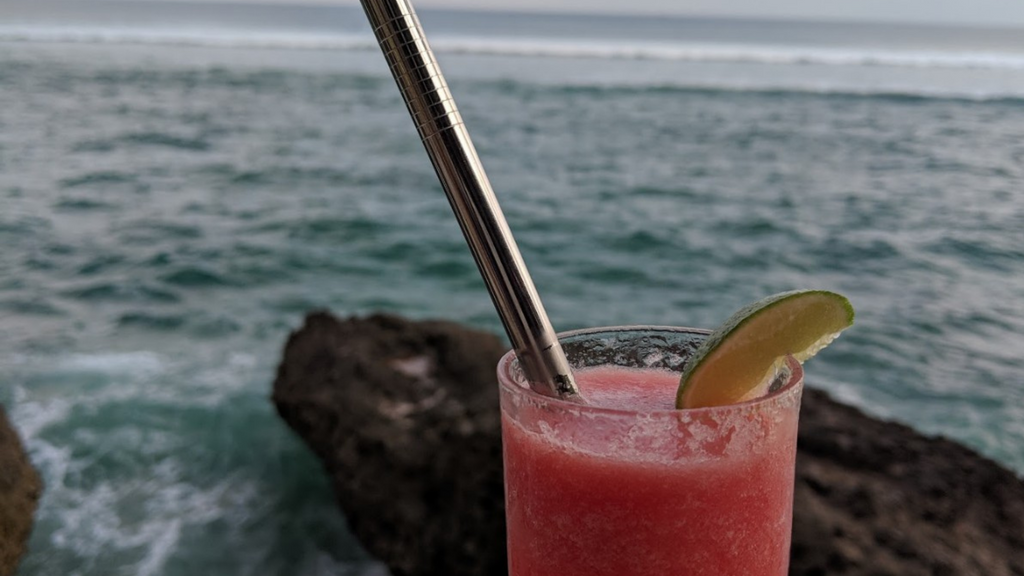How to Consume Less Plastic

The average person ingests around 5 grams of microplastic every week. This is the equivalent of one credit card! When plastics enter our bodies, they can disrupt our hormones, immune systems, hinder reproduction, and more. So how did they get in our food and other products, and how do we avoid consuming them?
Not only are plastics polluting our oceans and waterways and killing marine life - it’s in all of us and we can’t avoid plastic in our bodies. Global action is urgent and essential to tackling this crisis, and it’s obvious that if we don’t want to consume plastic, we need to gain control of the millions of tons of plastic that continue making their way into nature every day.
In order to tackle the plastic crisis, we need urgent action at government, business and consumer levels, and a global treaty with global targets to address plastic pollution.
It has been proven that the single largest source of plastic ingestion is through water, both bottled and tap, all over the world.
However, leakage of plastic into our environment and food chain has been met so far with an inadequate global response by governments. With this inaction to dismantle the use of plastic, we are now at the point where we as consumers must actively avoid it, and we’re here to help you navigate how.
1. Avoid single-use plastic, especially straws and water bottles.
Microplastics were found in more than 90% of water bottled in plastic. On average, tap water contains ½ the number of plastic particles. Not to mention, switching to a reusable water bottle can save you roughly ₹14985.86 or $200.
2. Don’t microwave plastic.
Heating plastic can increase the risk of leached chemicals in your food. Instead, microwave in glass containers or warm food using the stove or oven.
3. Avoid tea bags.
Plastic tea bags release microplastics while brewing, and even traditional bags can contain plastic. Loose leaf tea is a more sustainable alternative.
4. Research beauty cosmetics.
Phthalates, a commonly used plasticizer, are a group of chemicals that can be found in hundreds of cosmetics such as nail polishes and hair sprays. These chemicals are known endocrine disruptors and may cause certain hormone-related cancers.
Knowing exactly what goes into your products before you put them on your body and researching brands that advocate for using quality, natural ingredients will help you to navigate what to buy to keep you and the environment safe.
Overall, there is only so much we can do on a consumer level to avoid plastic from invading our everyday life.
Remember that it is more important to make small changes every day than beat yourself up for not completely changing all of your buying patterns.
A simple act like opting for a reusable bottle versus a single-use plastic can keep hundreds of bottles out of landfills and our waterways each year. Nothing we use for a few minutes should pollute our environment for centuries.
Written by: Molly Brown
